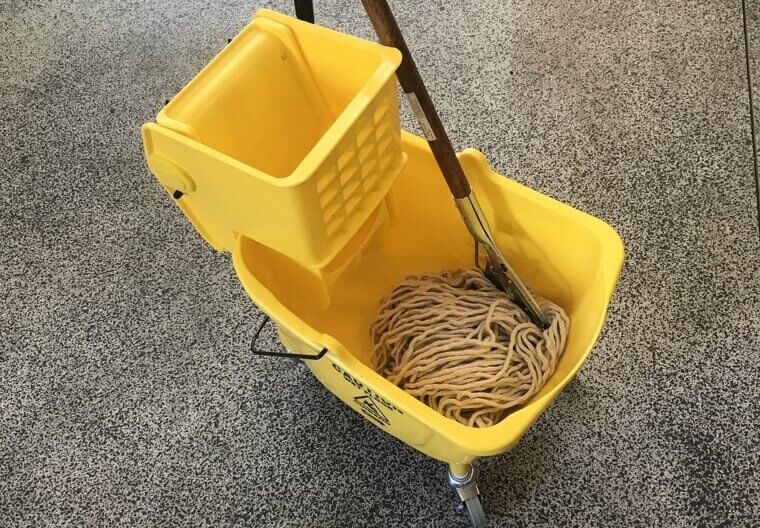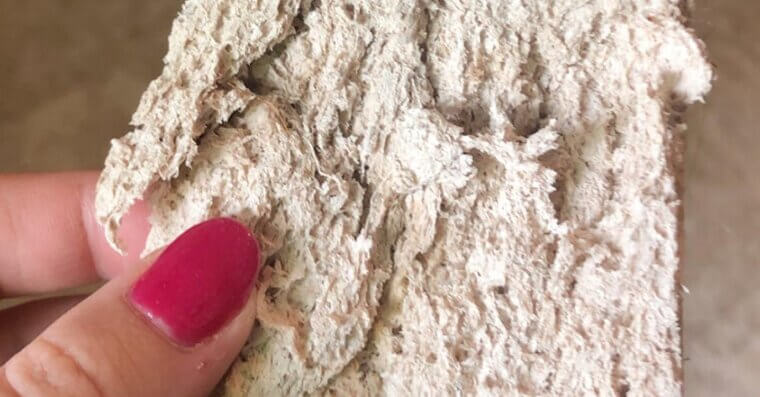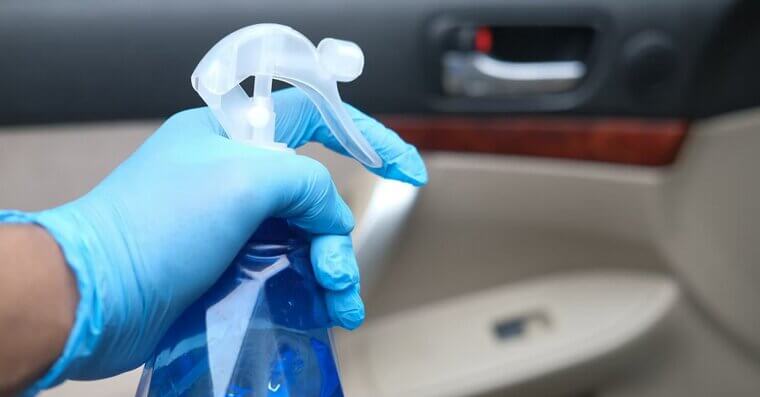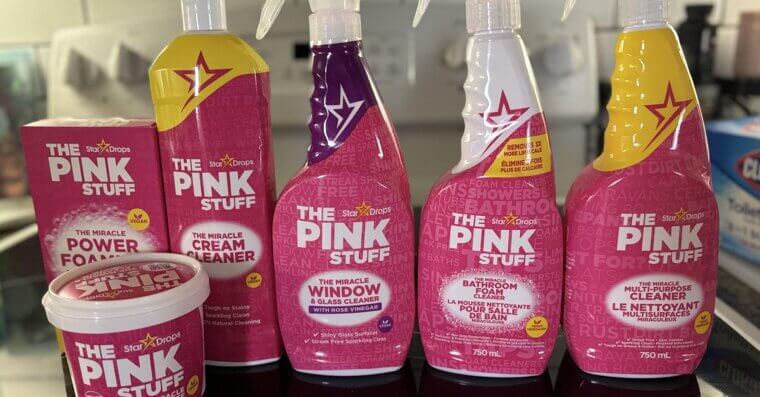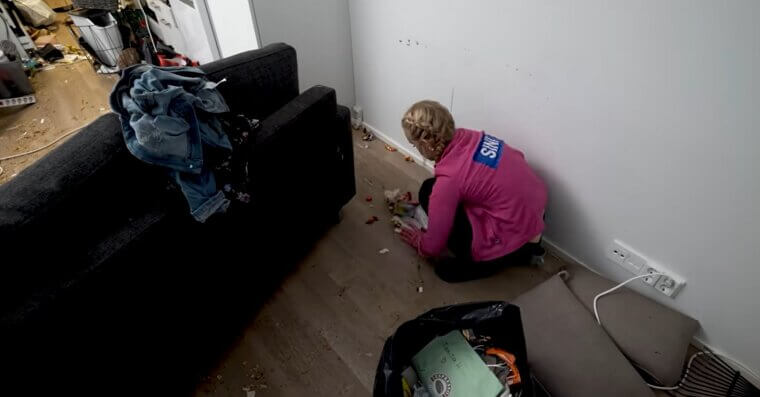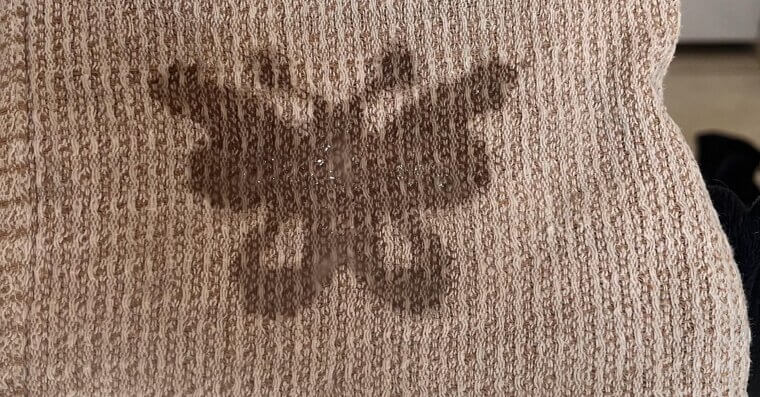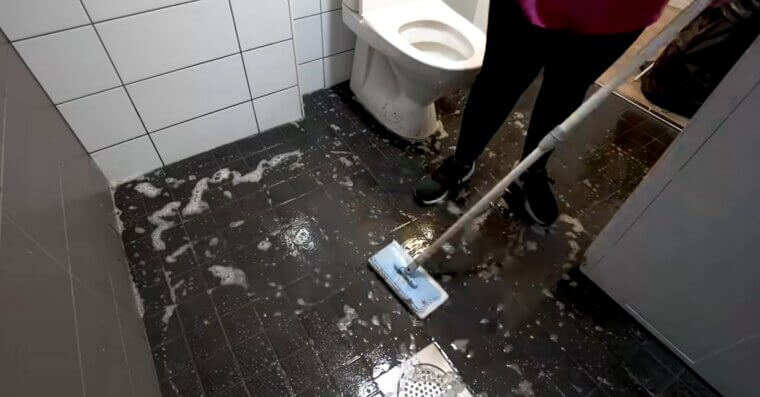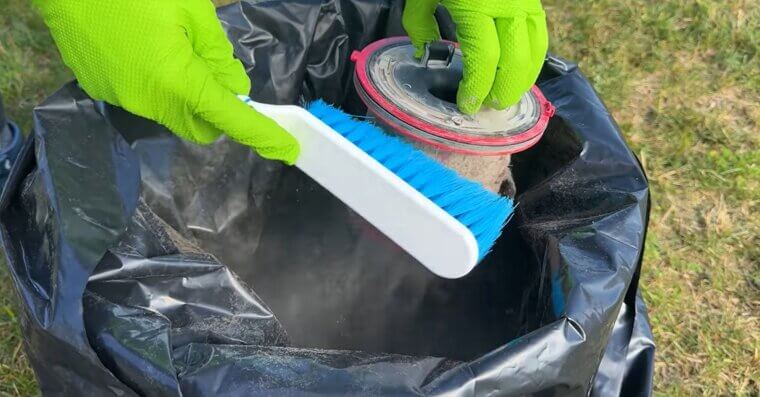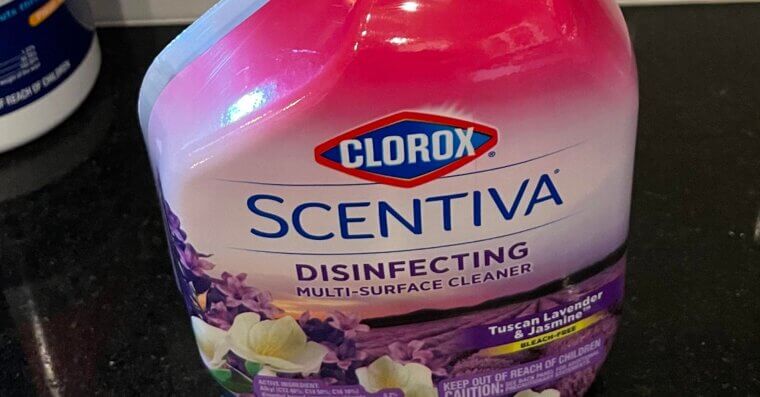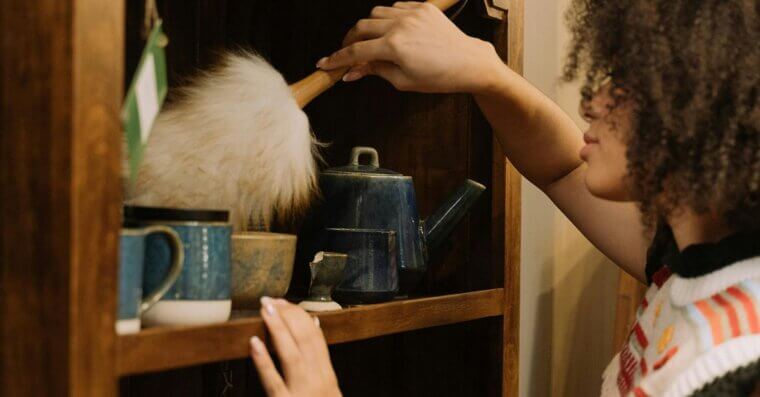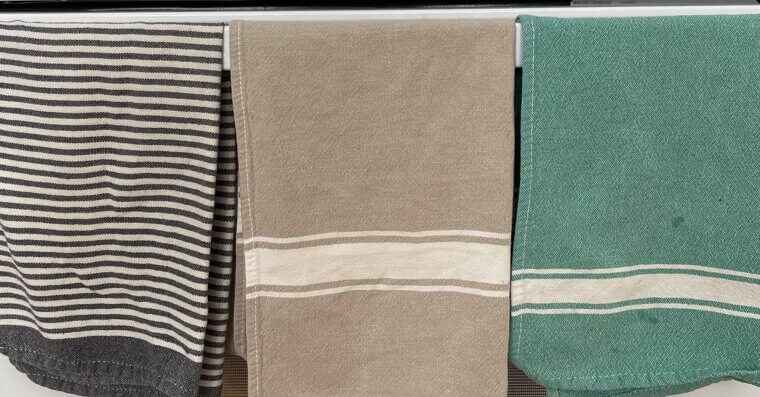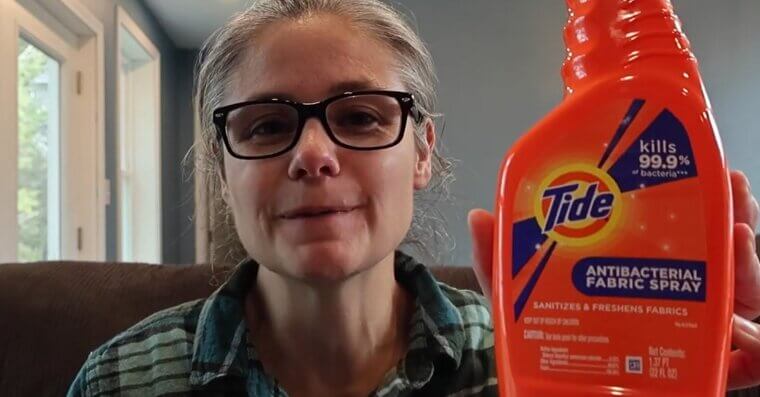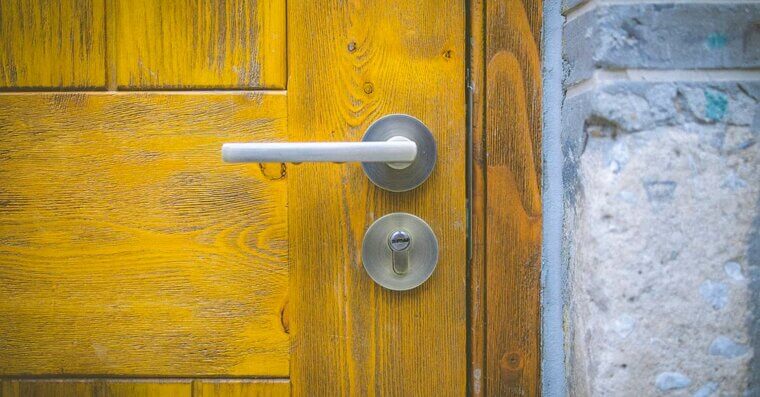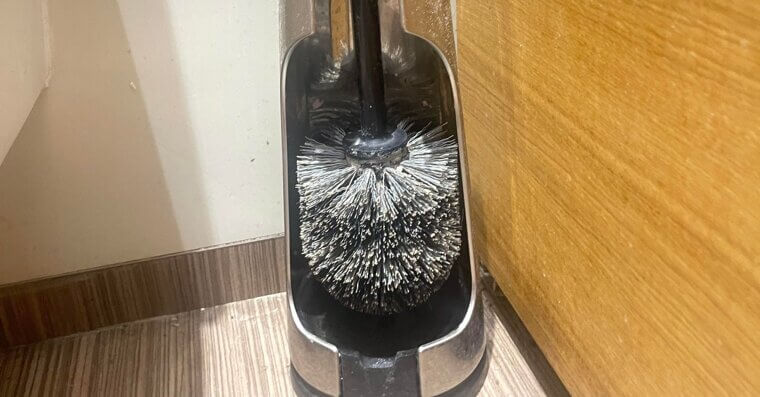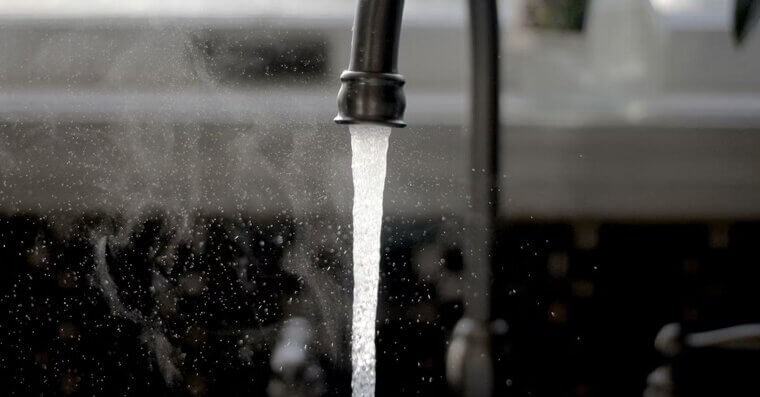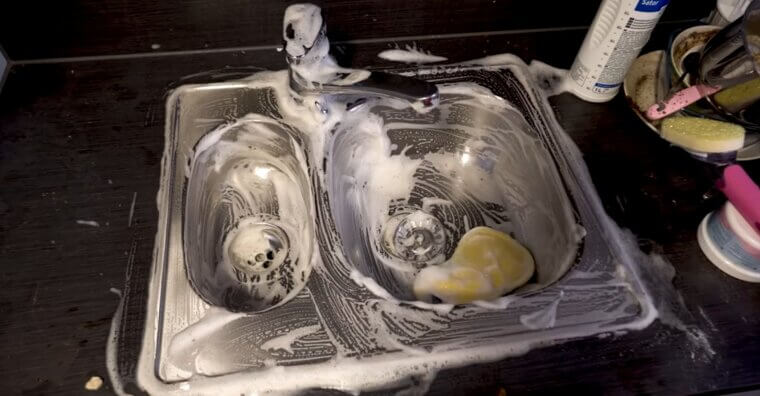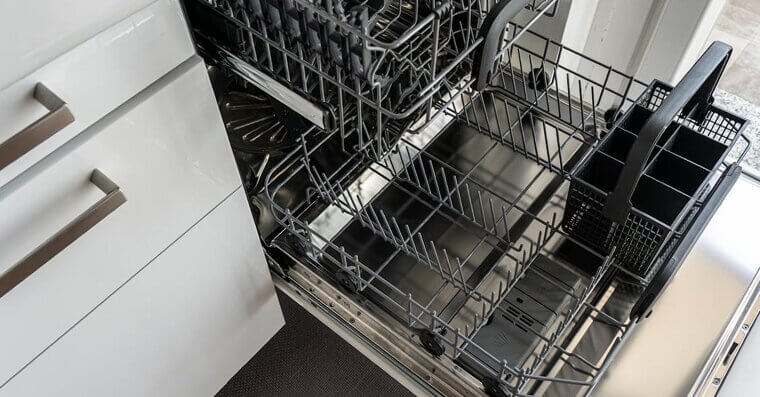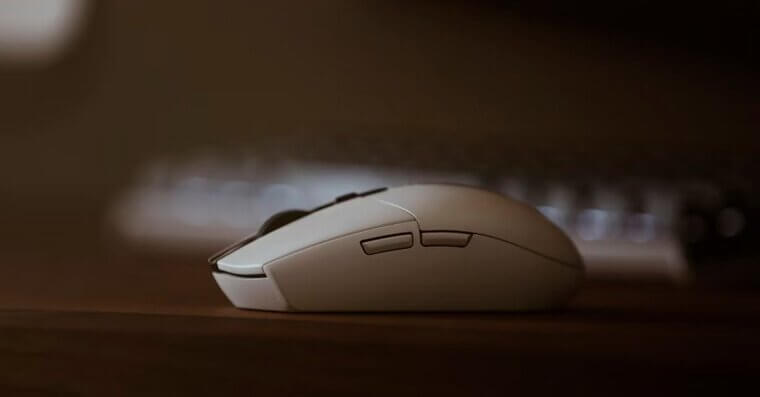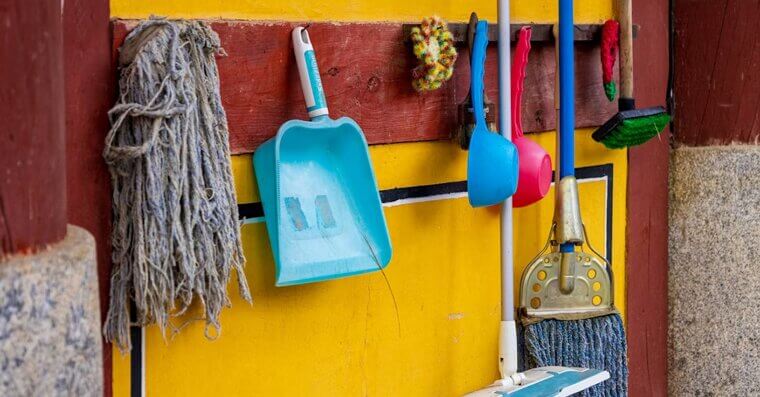Everyday Cleaning Routines That May Not Be Effective
We all want a clean home, and most of us follow a routine we think gets the job done. But what if some of those habits are doing more harm than good? These 20 things are often done without thinking, but they could lead to a dirty house and an increased risk of bacteria.
Using the Same Sponge for Everything
Unfortunately, the average kitchen sponge is basically a germ hotel, and if you keep using it all you’ll be doing is spreading grossness around. Throw your sponge away once it starts to get grimy, or microwave a damp one for a minute to kill off some of the germs.
Spraying Cleaner Directly on Surfaces
Most people spray directly onto surfaces, but this often just spreads grime around, especially on dusty or greasy surfaces. Too much of it can also subtly ruin things like wood. What you should do for better results is spray the cleaner onto a microfiber cloth and use that.
Using Too Much Cleaning Product
More cleaner doesn’t actually mean more clean. Using too much can actually leave sticky residue behind, attracting even more dirt and dust over time. Not to mention it wastes product and money. Always check the label for the right amount.
Only Cleaning Visible Surfaces
The worst possible scenario for “out of sight, out of mind” to apply to. Just because you can't see the mess doesn’t mean it’s not there and getting worse. Skipping spots like behind appliances, under furniture, or inside cabinets lets dust, grease, and even armies of bugs build up.
Reusing Dirty Cleaning Cloths
Grabbing the same rag for every task is no doubt convenient, but you’re probably smearing yesterday’s germs onto today’s surfaces. If your cloth smells musty or feels damp from last time, toss it in the wash. If it comes out still looking sorry for itself, throw it away.
Mopping Without Sweeping First
Ever mop and end up with gross streaks of hair and crumbs? That’s because skipping the sweeping step will just drag dirt around instead of cleaning it up. Always do a quick sweep or vacuum before you break out the mop. You’ll be glad you did.
Forgetting to Clean the Vacuum
Vacuums are meant to suck up dirt, but when’s the last time you cleaned yours? Dirty filters and full canisters can blow dust right back into the air, and in some cases right into your lungs. Clean or replace filters regularly and empty the bin often.
Disinfecting Without Cleaning First
Disinfectants don’t work well on dirty surfaces. If there’s visible grime, the disinfectant can’t properly reach the bacteria underneath. Always clean first - soap and water will do - then disinfect. Yes, it’s extra work, but it’s important if you want a bacteria-free room.
Washing Cutting Boards With Dish Soap Only
Think a quick scrub with soap is enough for your cutting board? Nope, not if you’ve just sliced raw meat. Wooden boards especially soak in bacteria. Give them a deeper clean with vinegar or hydrogen peroxide, and sprinkle on baking soda for extra peace of mind.
Using Feather Dusters
Feather dusters might look elegant, but they mostly just move dust from one place to another. If anything, they stir particles into the air and make them end up in your mouth. Microfiber cloths or damp dusting rags actually trap the dust so you’re not just pushing it around.
Letting Towels Stay Damp
Damp towels are breeding grounds for mildew and bacteria… and that goes on your body when you use them. Leaving towels bunched up or crumpled on the floor only makes matters worse. Hang them up properly to dry after each use, and toss them in the washing machine every few days.
Overusing Antibacterial Products
Antibacterial soaps and sprays are a great idea, but only in moderation. Overuse can lead to resistant bacteria and dry out your skin. In most cases, regular soap and water do the trick on your surfaces. Save the heavy-duty stuff for real messes, not everyday spills.
Neglecting Light Switches and Doorknobs
You touch them every day, but how often do you actually clean them? Light switches, doorknobs, and cabinet handles collect tons of germs, especially during cold and flu season. A quick wipe-down once a week with a disinfectant cloth can make a big difference in keeping you and your family healthy.
Cleaning Windows on Sunny Days
Sunny days seem perfect for cleaning - but not for your windows. The sun dries the cleaner too quickly, leaving behind streaks and spots. Try washing windows on a cloudy day or during the early morning instead. You may be surprised at the results.
Using the Toilet Brush Without Cleaning It
That brush gets used for some incredibly gross tasks, and yet so many people let it sit there uncleaned afterward. A dirty brush can become a breeding ground for bacteria and frankly it’s just icky. After using it, rinse thoroughly with clean toilet water, then spray it with disinfectant and let it air-dry.
Cleaning With Hot Water Only
Hot water is helpful, sure - but by itself, it doesn’t kill germs or cut through grease. You still need soap, cleaner, or disinfectant to get the job done. Don’t fall into the trap of thinking hot water equals clean, only inexperienced cleaners believe that.
Ignoring the Kitchen Sink
Believe it or not, a lot of people have their sink as one of the dirtiest places in their house. Leftover food, bacteria, and even mold lurks in a lot of drains. Scrub the basin daily and disinfect the drain weekly with baking soda and vinegar to keep smells and germs away.
Tossing Everything Into the Dishwasher
Dishwashers are great time-savers, but not everything belongs in there. Wooden spoons, sharp knives, and certain plastics can warp or harbor bacteria when cleaned this way. Check what’s dishwasher-safe and clean the rest by hand. Also, remember to clean the dishwasher itself.
Wiping Electronics With Wet Cloths
Your phone, remote, keyboard and mouse are usually covered in germs, but don’t just clean them with a damp rag. Too much moisture can damage them. Instead, use a microfiber cloth lightly sprayed with a mix of water and isopropyl alcohol.
Letting Cleaning Supplies Get Grimy
Dirty brooms, mops, and scrub brushes don’t clean anything, they just spread grime. Rinse and dry them thoroughly after each use, and replace them when they start to look (or smell) questionable. You’d be amazed at how many people don’t do this.

